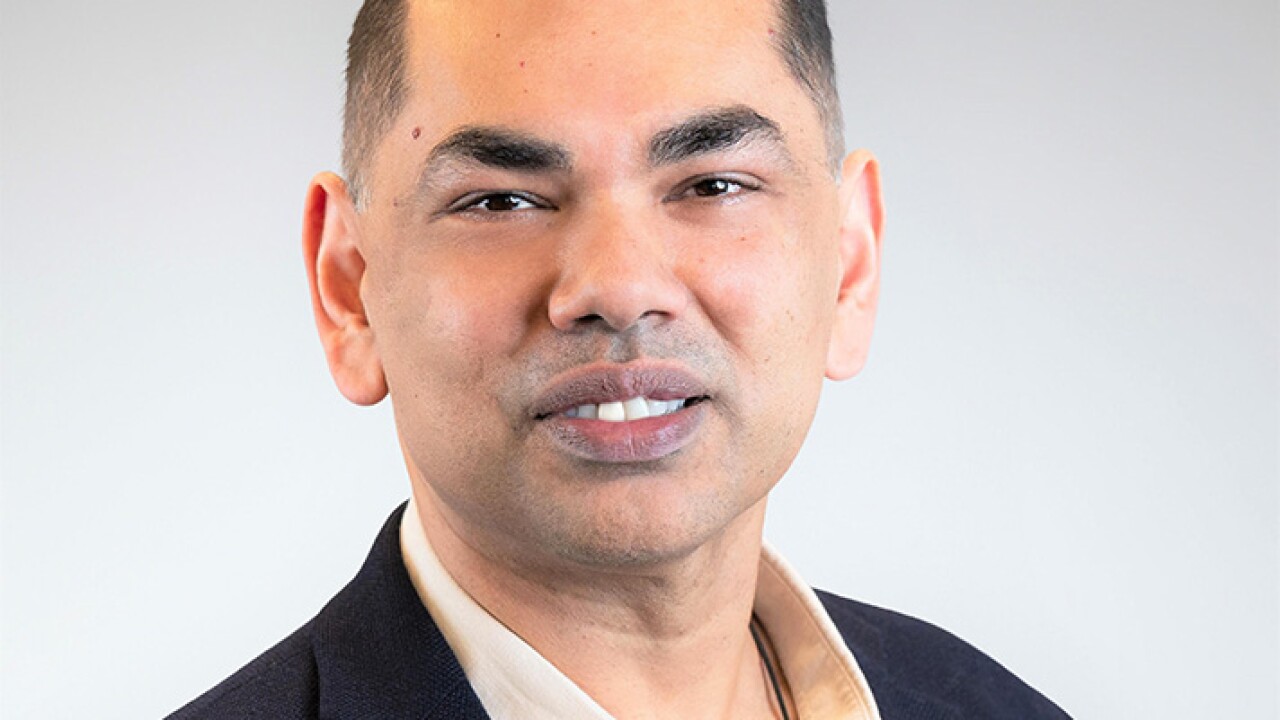Puerto Rico is paying its annual Christmas bonus amid concerns about whether it will pay all its bond debt Jan. 1.
Gov. Alejandro García Padilla, who has said he would put the interests of the Puerto Rican "people" over bond holders if forced to choose, announced Sunday that the Christmas bonus, or "bono" in Spanish, would be paid over three days. The El Vocero news web site said this bonus will cost the government about $120 million.
Meanwhile, the Government Development Bank for Puerto Rico has indicated that the Puerto Rico Infrastructure Finance Authority wouldn't pay its rum tax debt service bond, or "bono" in Spanish, on Jan. 1. According to JPMorgan, PRIFA owes $46.7 million on that date.
It also remains to be seen if the government will pay the general obligation debt of $375.2 million it owes on Jan. 1, including $58.7 million of insured bonds, according to Municipal Market Analytics.
In a press statement García Padilla said Puerto Rico law mandates paying the Christmas bonus. All fulltime workers who have been with the government for at least six months and all part-time workers who have put in 960 hours of work in the last 12 months are entitled to the bonus.
"I'm sort of torn by it," AllianceBernstein senior analyst Joseph Rosenblum said. On the one hand, the bonuses are for small amounts per employee and the employees are generally making little money, and the bonus has been part of their compensation for years, he said.
On the other hand, Rosenblum said it was hard to support its payment given the government's liquidity position and the lack of clarity on whether it will be making its bond payments. García Padilla said last week that Puerto Rico may default in January or May. It would be better if the government provided information on its current financial situation, Rosenblum said.
The governor's plan to comply with the law to pay the bonus had raised concerns among investors, as Puerto Rico's general obligations and other debt it has guaranteed must be paid under the island's constitution.
In late November, Puerto Rico economist Heidi Calero responded to the government's claims that it was facing a critical financial crisis by asking: "Is it that critical that you can pay the Christmas bonus, but you can't pay my bonds?" Calero is president of H. Calero Consulting Group.
In other Puerto Rico news, the governor's protégé David Bernier on Sunday announced his candidacy for governorship as a member of the governor's Popular Democratic Party.
From the start of 2013 to this October Bernier was the governor's secretary of state. In this role he oversaw a number of services for the private sector, met with representatives of foreign nations and promotes Puerto Rico's trade and other interests with them, and troubleshot issues for the governor.
García Padilla deliberately kept Bernier away from making any of the difficult or controversial choices concerning fiscal or financial issues, according to a person who had worked for García Padilla for several years. On Dec. 14 the governor announced he would not be running for reelection.
In his announcement of his candidacy, Bernier said he wanted to curb tax breaks for foreign investment in the economy. "There can't be better tax incentives for outsiders than there are for locals," he said.
Any tax incentives for outside investment in Puerto Rico must mandate that the investors buy goods and services from local suppliers, he said.
Nevertheless, "The internationalization of our economy will be a priority, as it was during my tenure as secretary of state... We will stimulate exports of goods and services from the island and make sure to use the opportunities offered by regional markets," Bernier said.
Bernier called for a Puerto Rico constitutional convention to reconsider its status in the United States. He said Puerto Rico's status should be one of a non-colonial free associated state with Puerto Ricans retaining their United States citizenship.
Also this weekend, the Puerto Rico Electric Power Authority said its creditors had agreed to extend the termination events on their restructuring support agreement to the end of Tuesday from the end of Friday. PREPA reached the agreement with three of its four creditor groups and is now seeking to reach a similar agreement with its bond insurers on restructuring the authority's roughly $9.4 billion in total debt.





